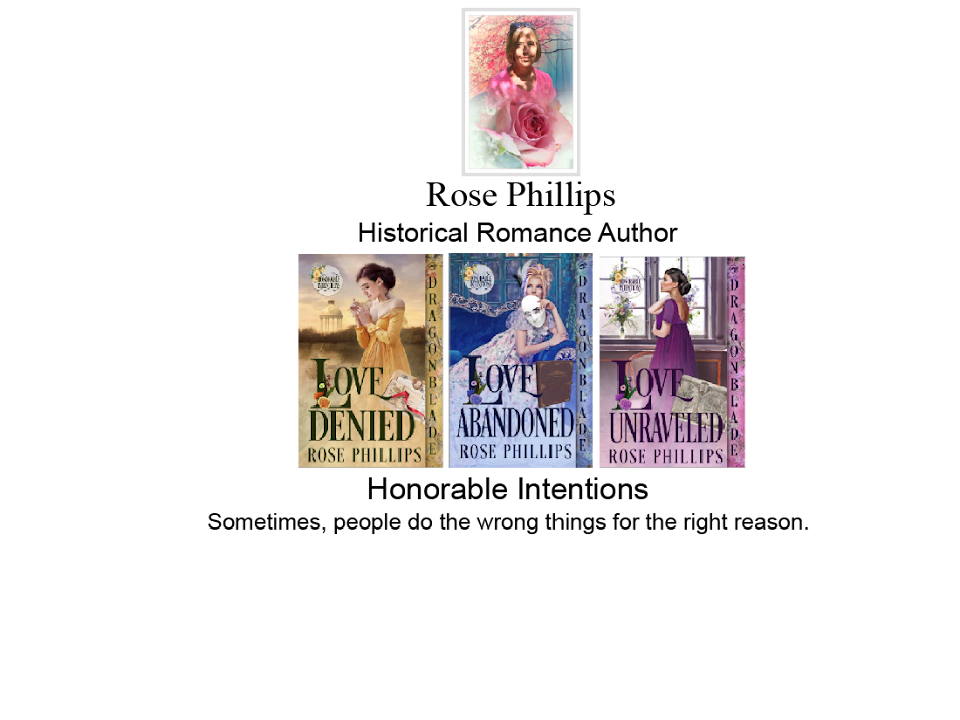Well, having touted the strength of a book, I now need to
add a qualifier. Use it
judiciously. Self-Editing for Fiction Writers actually promotes
judiciousness. Quite simply it supports:
“Judicious omission
is preferable to correct superfluity.” Walter
Kidde
It dedicates a chapter to dialogue mechanics. Simple yet brilliant stuff. Don’t write, “she asked” if the dialogue is
clearly a question. Don’t say “he
repeated” when it is evident that the man has already said the words. Don’t say that they yelled it, ensure the dialogue makes it clear that they have done
so. Do not say they laughed, sighed,
barked, snapped, whined, simpered, or a myriad of other qualifiers; make sure
your dialogue is strong enough, quick enough, deep enough, clever enough to
convey those things. It should need no
help.
Working through Raven’s
Path, I have kept this in mind. I
have worked to eliminate the superfluous qualifiers. But it gets hard. Sometimes, I can’t write dialogue that
conveys a whisper, a sigh, gruffness or a moan and yet it is essential to set
the tone or to a mood shift. I can’t
convey that a man has a loud booming voice regardless of what he says unless I
tell reader that he boomed, he barked, he shouted. Unless, of course I use
multiple exclamation points, which would become quickly tiresome to a reader. Avidly following the advice, I have stripped
the last fifty pages, leaving some important dialogue scenes flopping futilely,
fish upon the shore.
What to do when the self-help books aren’t helping you anymore? Go to the experts—the well-respected,
well-loved and well-selling novelists. I
took out Diana Gabaldon’s latest, Written
in My Own Heart’s Blood. Have I
mentioned I adore her writing? A random flip
brought me:
(Pages 404/405)
“What shall we do, Papa?” Germain whispered.
“No,” he said, firmly but with some regret (My goodness is
that an adverb and telling?)
“Come,” he said more gently, (Yes, yes! Another adverb!)
“They, who?” he’d said sharply (Again! Be still my creative writing teacher’s heart!)
“With whom?” he asked, curious.
I am on the floor at this point, kicking my feet in glee—in that
last one, the question mark clearly says it’s a question, and we should be
shown he’s curious, not told he is. Besides, does not a question in and of itself imply curiosity? Yet, Diana does it explicitly.
And, you know what. I like
it. It works for me. Never once have I stumbled in her writing
trying to figure out what is going on.
Oh, she also smoothly intersperses lots of beats, but she has no problem making
sure that we know something was asked, repeated, whispered or said softly or quietly. It is expedient and keeps the dialogue
flowing.
The word judicious rolled through my mind again. I stand by my assertion that Self-Editing for Fiction Writers is a
great book to have in hand at the revision stage. I agree that I need to weed
out too many qualifiers and adverbs.
But, they do have their place.
And other experts have proven that.
So, in light of this
latest revelation, in homage to the writers who illuminate the way, here is my
preferred judicious quote:
“Originality is
nothing but judicious imitation. The most original writers borrowed one from another.
The instruction we find in books is like fire. We fetch it from our neighbor's,
kindle it at home, communicate it to others, and it becomes the property of
all.” Voltaire









